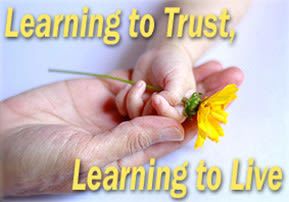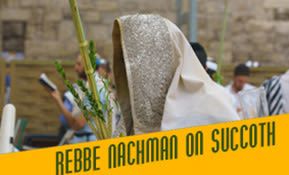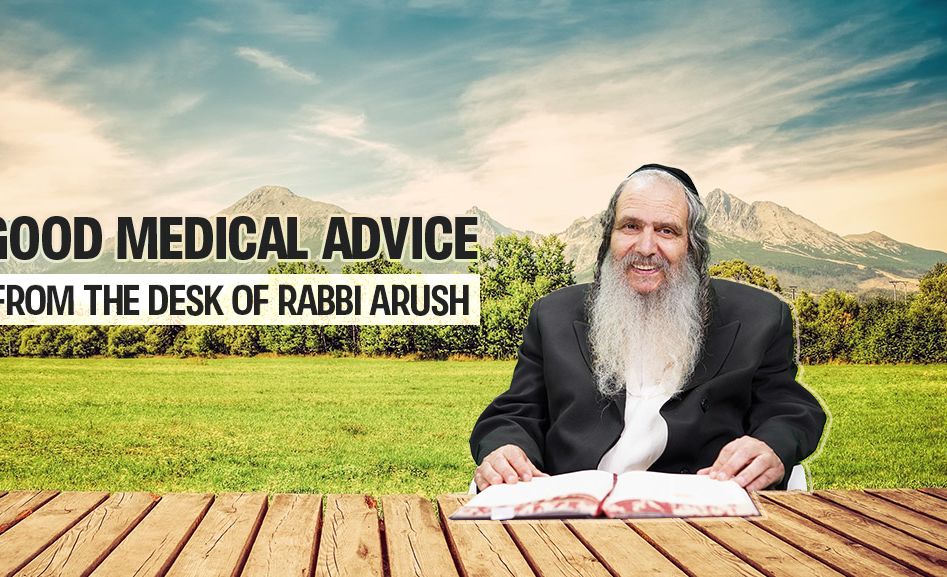
Learning to Trust, Learning to Live
The best method is to strengthen our faith in God and our belief in Divine Providence. This is also a more direct approach to joy, since faith...

Learning to Trust, Learning to Live
Worry is another “medicine” we don’t need. That’s the message of a well-known saying: “It’s a good thing that worrying doesn’t help. As it is, we spend so much time worrying, imagine what would be if it really did help… we wouldn’t stop worrying for a moment!” The simple meaning of this humorous analysis is that worrying doesn’t help, and yet most of us do it anyway. The deeper implication is that even if it did help, we still wouldn’t want it, since worry prevents joy and leads to sadness and depression – and that’s not the kind of life that we want for ourselves, nor what God wants for us. In other words, even if worrying did help, it would be a medicine that does more harm than good.
There are two ways to eliminate worry. One is to refuse to entertain such thoughts, just as we should reject depressing thoughts. Then, by avoiding worry and sadness, we can experience joy from doing mitzvot. There is, however, a more positive method, and one that is ultimately more effective, since it eliminates the very source of our worries. The best method is to strengthen our faith in God and our belief in Divine Providence. This is also a more direct approach to joy, since faith itself is a source of joy and vitality.
The key to this method is to constantly remind ourselves that “the whole world is full of God’s glory” – that God is present in every place and in every situation. We must cultivate an awareness that everything in the universe is absolutely dependent on God for its existence and its life, and that God rules over every occurrence with a power that is absolute, unqualified, and incontestable – for He alone is God and there is no other. Such awareness will allow us to see the world as a living expression of God, and to sense God as a living presence in our lives. With this awareness, there is no room for worry, for we believe that everything God does is an expression of His love for us, and hence it is for the best. When we live with such bitachon (trust in God) we live in a world that is filled with joy and vitality, a life that brings us to eternal life. Such bitachon is a medicine that we do need, for it gives life.
Psalms, Our Constant Support
Rebbe Nachman said that bitachon (trust in God) is like a staff we can lean on for support. The Book of Psalms too, he said, is like a staff, since it teaches us to make God our support, as the verse says, “…and God was my support” (Tehillim 18:19). This characteristic of the Book of Psalms is also hinted at by the verse: “A branch will emerge from the stem of Yishai…” (Yeshaya 11:1), since the word “branch” (choteir) also means a “staff,” and the Book of Psalms was written by Dovid (David), the son of Yishai. In other words, the Book of Psalms is like a staff, since it teaches us to find true support in God (see Likutey Moharan I:65:4).
Whatever we experience in life – every situation, every occasion of success, and every moment of trouble and deliverance – we can find an appropriate expression of bitachon in the Book of Psalms. Indeed, there are hidden keys within the Psalms that can unlock the gates of joy and deliverance and even the power to revive the dead. For the Book of Psalms contains ten types of song (Pesachim 117a), and hence it is related to the song of the World to Come – the song of ten “melodies” that Rabbi Nachman speaks of in Likutey Moharan, by means of which God will resurrect the dead and revive the entire world (See above, ch.5, and Likutey Moharan II:8).
The Talmud says that “in the future, Tzaddikim will revive the dead” (Pesachim 68a). This is derived from a verse which describes the Redemption: “…Old men and old women will again dwell in the street of Yerushalayim, and each man with his staff in his hand because of old age” (Zechariah 8:4). The Talmud explains that the word “staff” in this verse alludes to the power to revive the dead, since when the prophet Elisha told his servant Geichazi to revive the dead child of the Shunamit woman, he said, “…and you shall place my staff upon the face of the child” (II Melachim 4:29). Since the Book of Psalms is also a kind of staff, Rebbe Nachman takes this Gemara as a hint that the power to revive the dead is hidden within the Psalms.
The Midrash says this even more directly when it mentions that Rabbi Yehoshua ben Levi wanted to rearrange the chapters of the Book of Psalms (the edition that we have today is not in the correct Order) but he was stopped by a voice from heaven that warned him not to disturb "the ones who are sleeping" (Midrash Shochar Tov 3). The implication is that by reading the Book of Psalms in the correct order, one could revive the dead; the words have that much power.
What is more important for us, however, is that the words of the Psalms, even in their present order, have a power to revive the living. They can wake us from our lethargy and inspire us to make a fresh start in life. They can teach us to trust in God and to live a life that is truly good.
Revealing Blessings with our Words
When a person experiences suffering or difficulties in life, it means that the flow of God’s blessing and beneficence has been restricted. This is an expression of the Divine attribute of din, strict judgment. Every Divine attribute is associated with a particular name of God, and this attribute is associated with the Name Elokim. Yet we find that the Torah writes: “And God (Elokim) blessed them, saying…” (Bereishit 1:22), which is hard to understand. How is the Name Elokim related to the idea of blessing?
The explanation is as follows (Found in Kol Yaakov, by the author of Melo HaRo’im): This verse comes to teach us that even within life’s difficulties, there are hidden blessings. These are blessings that God wants us to reveal, and the way we are to do it is by “saying” – by speaking about the events and interpreting them as good. We can do this because speech is a Divine power, and God has given us the ability to influence all the worlds by means of our words. Hence when we speak about the love and kindness that are hidden beneath the surface of God’s judgments, we can actually elicit those Divine attributes and draw down God’s love and kindness in a revealed way. Through this kind of holy speech, strict judgments can be sweetened with the attribute of kindness, decrees can be mitigated, and the very situation which caused us so much suffering can be transformed into a source of blessing and deliverance.
If we can accomplish this with our own imperfect words, we can do it even more effectively with the perfect, holy words of the Book of Psalms. By reciting the Psalms with sincere emotion, by speaking Dovid’s holy words as our own, all strict judgments can be transformed into blessing and deliverance.
To be continued…
(Excerpt from The Scent of Gan Eden, by Rabbi Yaakov Meir Shechter, Keren Ohr Publications. Used with author’s permission.)













Tell us what you think!
Thank you for your comment!
It will be published after approval by the Editor.